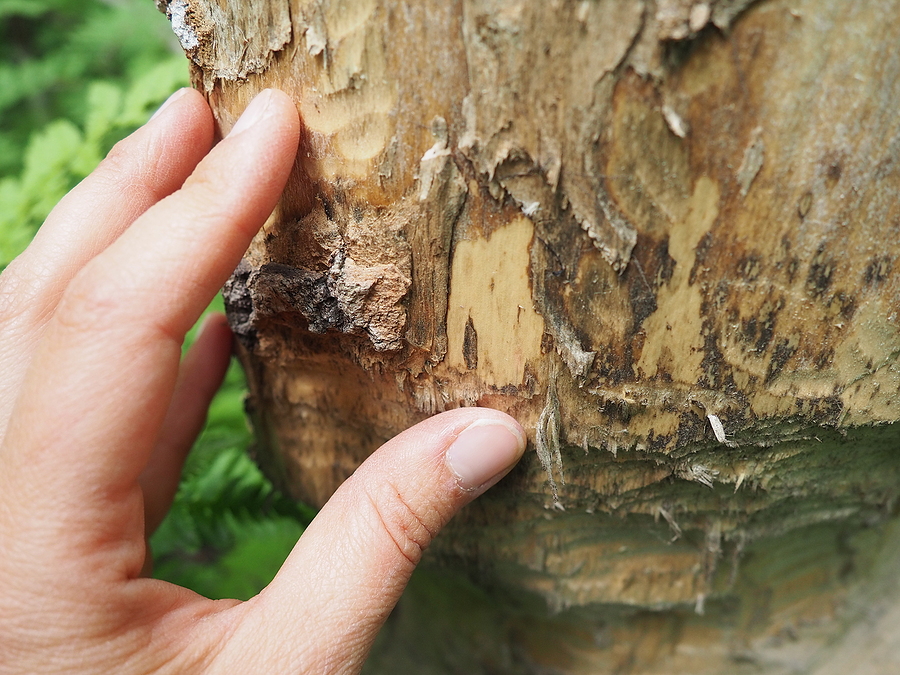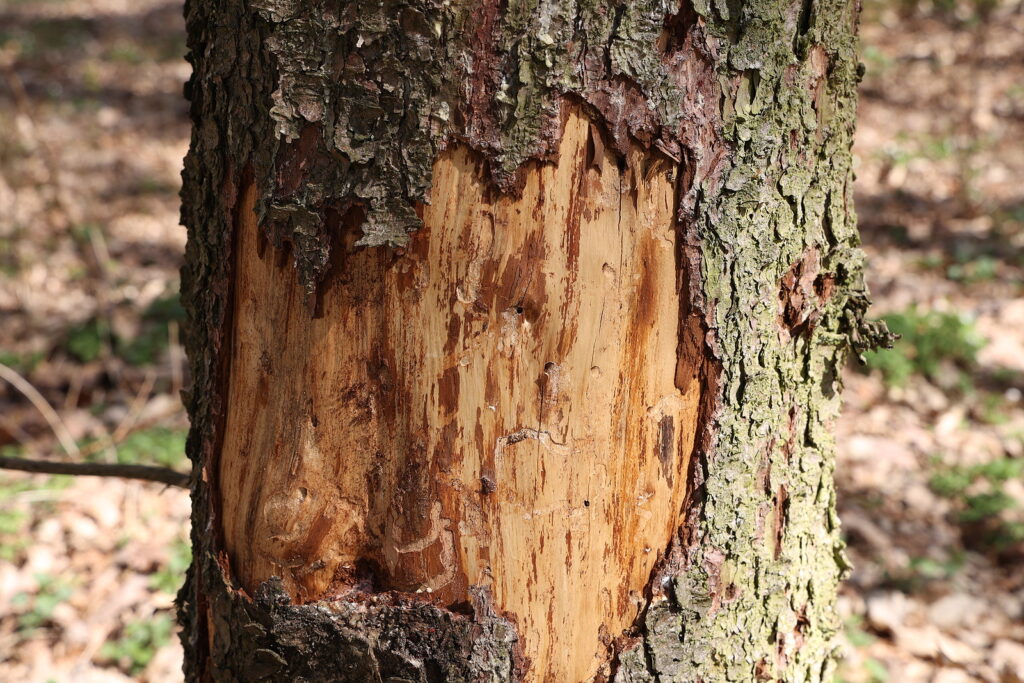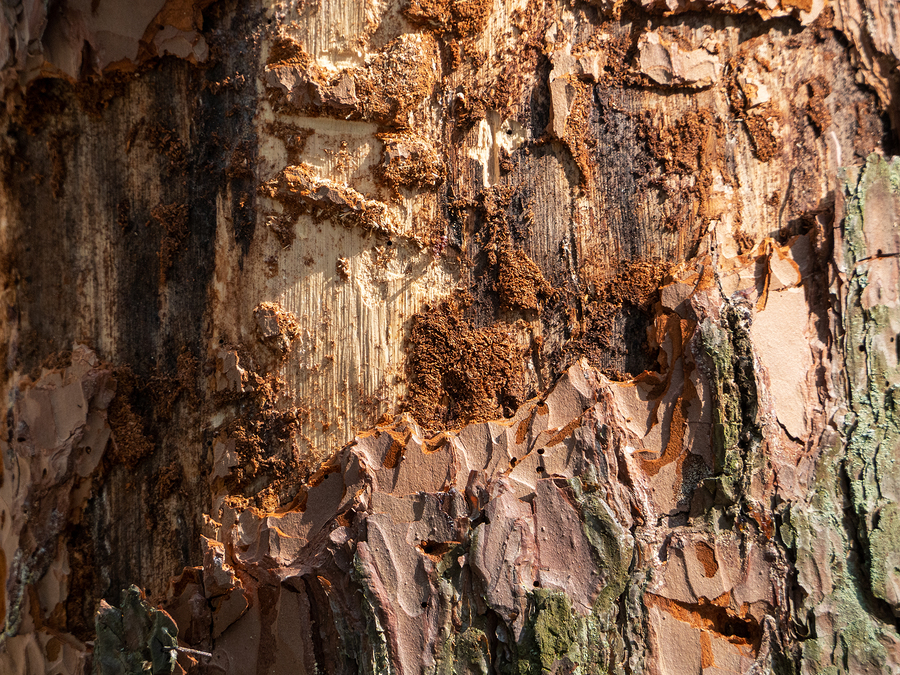Trees are an important part of our environment and provide us with plenty of benefits. However, trees can be vulnerable to bark problems which can cause damage and even kill the tree if left unchecked. Fortunately, there are some simple steps you can take to protect your trees from trunk and bark problems. Continue below to learn 10 ways you can help ensure your trees stay healthy for years to come.

How to Avoid Tree Bark Problems: 10 Tips
1. Regularly Inspect Your Trees: Keep an eye on the bark of your trees to check for any signs of damage or decay. Make sure you do this throughout all seasons so can identify potential issues early and take action before they get worse.
2. Prune Properly: Trimming away dead, diseased, or damaged branches helps promote healthy tree growth and prevents bark problems from spreading to other parts of the tree. Make sure you prune in a way that follows the natural shape of the tree’s canopy by using the right tools and techniques.
3. Provide Adequate Water & Nutrients: Trees need plenty of water and nutrients to stay healthy, so make sure you give your trees the right amount of water and fertilizer to keep them healthy. However, be sure not to over-water or over-fertilize as this can lead to tree bark problems.
4. Monitor Pests: Make sure you’re regularly checking your trees for any signs of pests, such as aphids, mites, beetles, and more. If you do spot any pests, take steps to get rid of them quickly before they cause further damage to the tree’s bark.
5. Protect Trees from Injury: Trees are vulnerable to damage from things like lawnmowers, vehicles driving too close by, or construction work in the area. Whenever possible try and keep these sorts of activities away from your trees to reduce the risk of injury.
6. Choose Trees that are Suited to Your Climate: Different tree species can be better suited to different climates and environments, so make sure you choose trees that are right for your climate zone and soil type to reduce the chance of bark problems occurring.
7. Plant Away from Foundations & Structures: Planting too close to a home or other structure can cause tree bark problems due to the competition for resources or damage from activities like digging around foundations. Whenever possible, try and give trees enough space from structures when planting them in your yard.
8. Use Mulch Properly: Spread mulch around the base of your trees but avoid putting too much down, as this can cause the bark to rot. Always leave a few inches between the trunk of the tree and the mulch and avoid piling up too much against the base of the tree.
9. Consider Protective Wraps: If you’re worried about sun or extreme weather damage, consider using protective wraps which can help protect the bark from direct exposure to sunlight, wind, rain, and snow. These are available in different materials, like burlap or fabric.
10. Seek Professional Help: Sometimes trees may need professional help if they’ve been damaged or infected with a disease. Make sure you get advice from an expert arborist who can provide guidance on how best to care for your trees as well as recommend any necessary treatments to help protect them from bark problems.
Maintain Healthy Trees With Routine Tree Service
By following these tips, you can help ensure your trees stay healthy and protected from bark problems. It’s also a good idea to get regular check-ups with an arborist if you need additional advice or assistance with tree care. Taking care of the trees in your yard will help keep them safe, strong, and beautiful for years to come.
Are your landscaping trees peeling or rotting? Contact Complete Tree Care at 317-783-2518 to get advice from a certified arborist in Indianapolis, Indiana. We serve residential and commercial clients with comprehensive tree care solutions.
Related Posts:
Tree Bark Damage Solutions for Indiana
What is the Soil Food Web and How Does it Benefit Trees?
How to Identify Tree Hazards Before They Become a Problem




